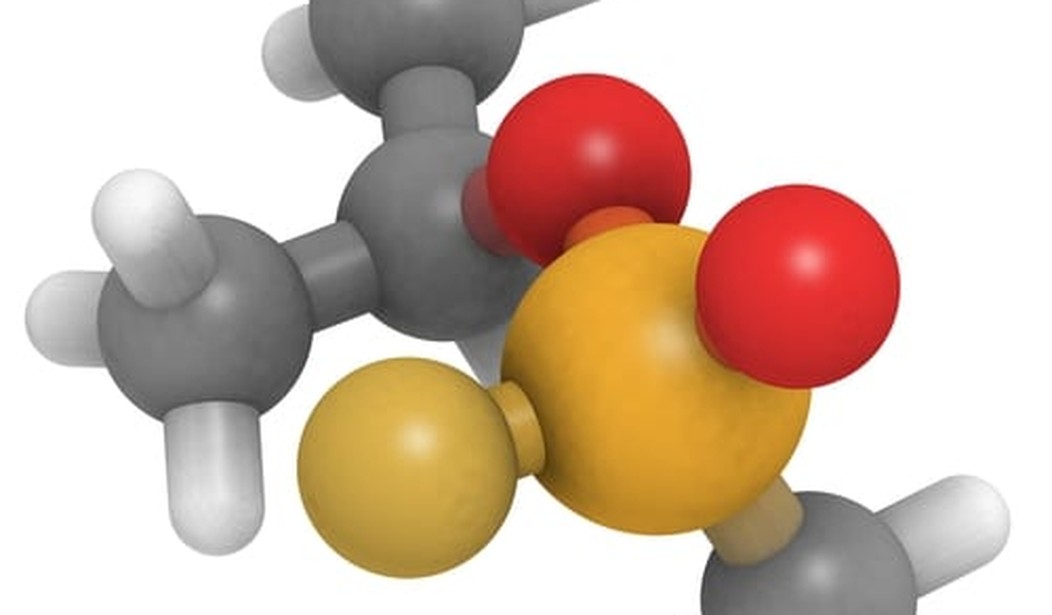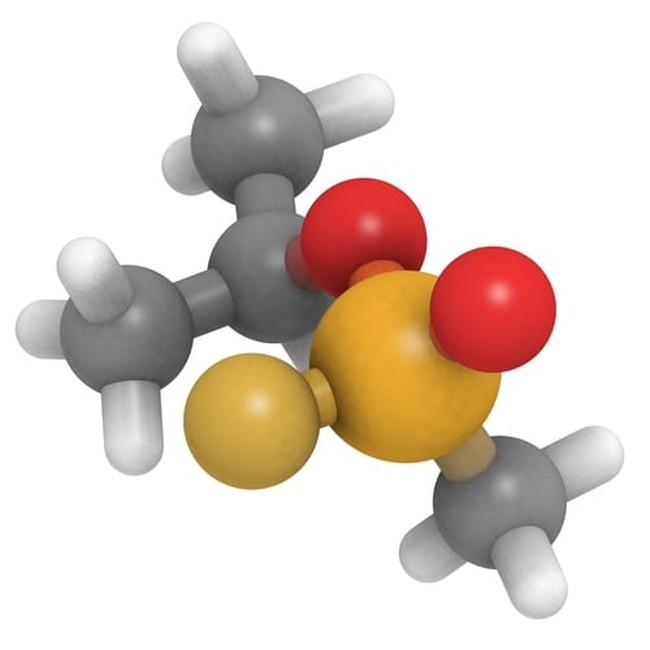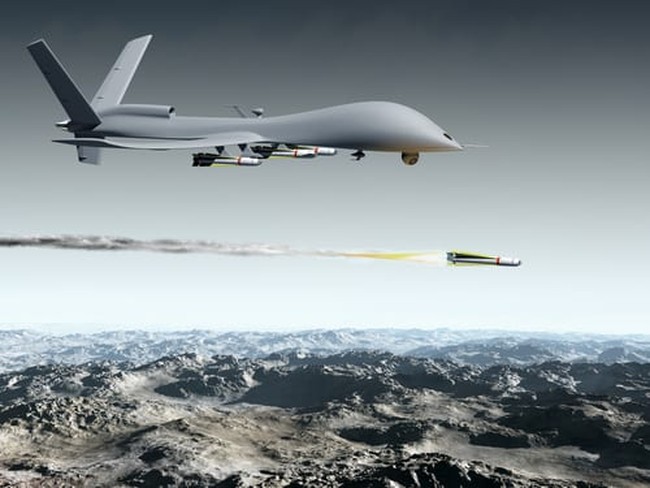The United States government has now acknowledged that it is “most likely” that the Syrian regime used chemical weapons against its own people. National Security Council spokeswoman Caitlin Hayden said that “the U.S. intelligence community assesses with varying degrees of confidence that the Syrian regime has used chemical weapons on a small scale in Syria.”
This assessment brings Washington’s take into line with those of Israel, Britain, and France. Soil samples, visual evidence, and the testimony of survivors point to the use by the regime of powerful chemical agents against civilian populations in rebel-controlled areas. The chemical agent used, according to the testimony of Israeli Brigadier-General Itai Brun, was Sarin, a powerful nerve gas.
The two instances in which the use of this weapon appears to have been confirmed took place in the Sheikh Maksoud neighborhood of Aleppo, and in Ateibeh in the eastern Ghouta area, close to Damascus. In both cases, the usage of Sarin seems to have been on a small, tactical scale.
The strategy of the Syrian regime in its war against the rebellion is to abandon large areas of lesser importance, while concentrating its forces in the urban areas it deems essential for its survival, and the transport links between them. The confirmed uses of Sarin gas took place in two zones of central importance for the regime – the capital city of Damascus, and Aleppo.
In these cities, the regime is fighting for survival. The use of the gas suggests that in areas deemed crucial, the regime will not flinch before employing chemical means against its own civilians.
The small scale use of the weapons, meanwhile, indicates two things.
The first, quite simply, is that the regime’s situation has not yet reached the point of desperation. Government forces are not in headlong flight. Regime troops have made significant gains against the rebels in the past two weeks both in the Damascus area and in the west of the country.
The second is that the use of Sarin on this small scale may well have been a kind of test. The U.S. administration defined the use of chemical weapons as a “game changer.” Assad evidently sees CW as a useful weapon should events reach existential proportions from his point of view. 
But, of course, he needs to know what exactly the U.S. meant when it referred to CW use as a “red line.” If it turns out that this phrase is empty of content, then the way will be clear for a far larger use of these materials as and when the regime deems necessary.
Much therefore now depends on the response of the Obama administration in the days ahead.
As of now, it seems likely that Assad will not be disappointed. The line currently emerging from statements by senior U.S. officials is that the facts are not yet all in, and so further investigation is necessary before any policy conclusions can be drawn. The U.S. government is now calling for a “comprehensive United Nations investigation” to “credibly examine the evidence and establish what took place.”
The possibility of Assad permitting such an investigation is zero. The regime has already refused – setting absurdly narrow conditions in recent weeks for the entry of an existing team, which as a result has found it impossible to begin its work.
So unless this line changes in the days ahead, it appears the dictator can record that the use of chemical weapons can be safely included on the list of military means to be employed against the rebellion and its supporters — as and when deemed necessary.
In his clearest statement regarding the issue of chemical weapons in Syria, on March 21 of this year, President Obama said: “I’ve made it clear to Bashar al-Assad and all who follow his orders: We will not tolerate the use of chemical weapons against the Syrian people. … The world is watching; we will hold you accountable.”
This statement does not include an explicit threat of force against the regime. But it is nevertheless fairly unambiguous. The key words are “not tolerate the use of chemical weapons.”
Chemical weapons have been used. The latest statements by administration officials indicate that tolerating their use, in the sense of taking no action in response, is precisely what Washington is now set to do.
This will be extremely encouraging for anyone in the Middle East concerned to examine the extent that U.S. threats and cautions need to be taken seriously. There is a long list of such elements. The list is headed by Iran.
No-one should pretend that there are easy options on Syria. The rebellion – also partly because of Western neglect – is dominated by Sunni Islamists, with a large contingent of the most extreme representatives of this persuasion prominent in its ranks.
But options exist even now which could strike a blow at the regime and offer protection to Syrian civilians while avoiding direct support for the Islamists. The list is well-known – a no fly zone, possibly drone strikes, the establishment of buffer zones in the south or north.
None of these seem currently forthcoming. Now, it’s not for this non-American analyst to advocate this or that course of action for the U.S. But it should be understood that this is no longer about Syria alone. Rather, Assad and his use of WMD is now a test case for the credibility of the U.S. and its friends in the region.
Assad and his allies – Iran and Russia – will be pleased to record a Western failure. The consequences of this on a variety of crucial fronts will be soon apparent, and severe.
Related: Obama: Yeah, My Syria Red Line is Still in Effect, But…
****
images courtesy shutterstock / molekuul.be / Paul Fleet











Join the conversation as a VIP Member